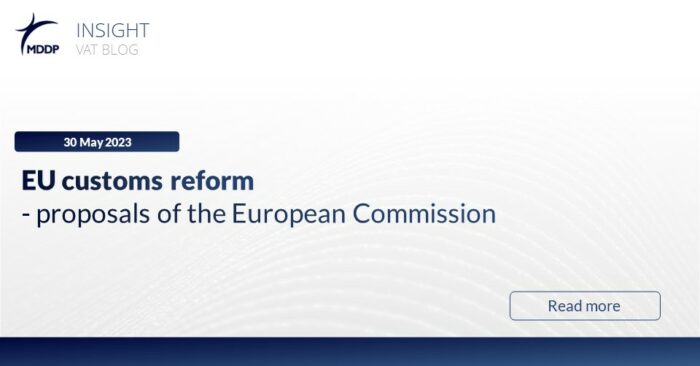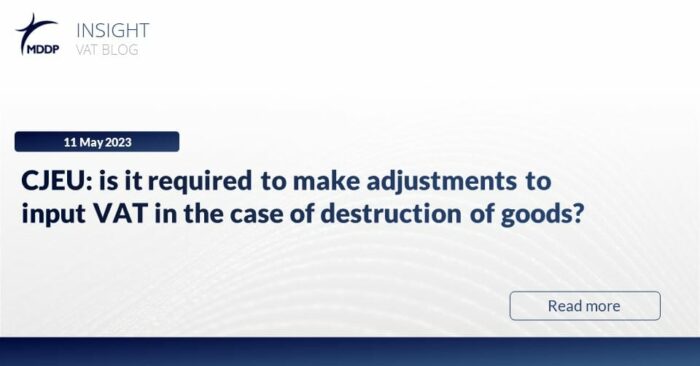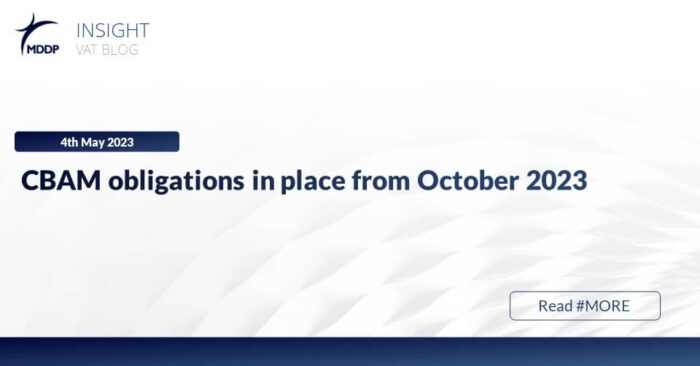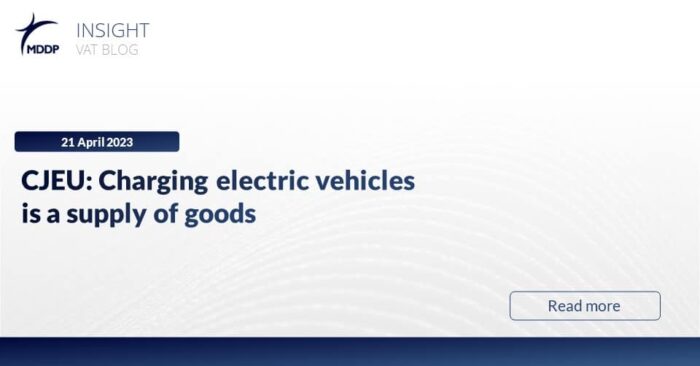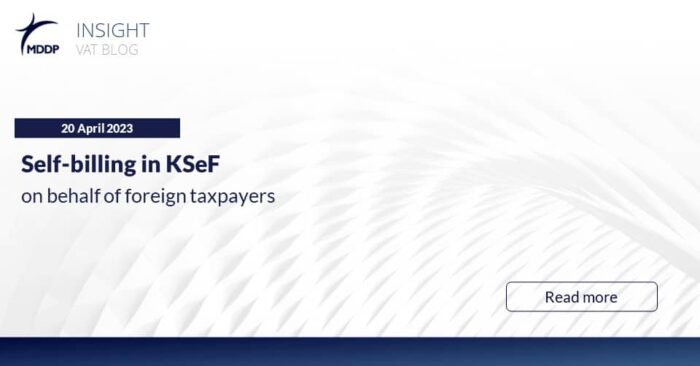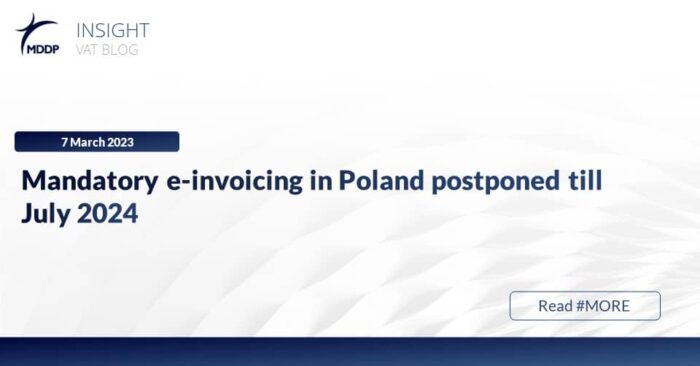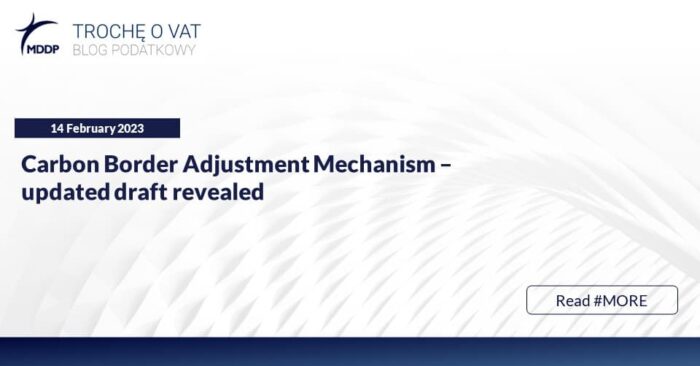EU customs reform – proposals of the European Commission
On May 17, 2023, the European Commission presented the first package of changes to EU customs law. The draft focuses in particular on EU-wide coordinated risk management, facilitating customs procedures for reliable traders and adapting customs regulations for e-commerce transactions. Harmonised risk management The European Commission proposes the creation of EU Customs Authority. The task…

